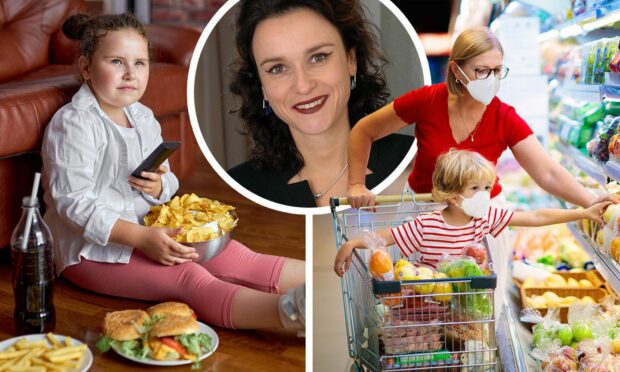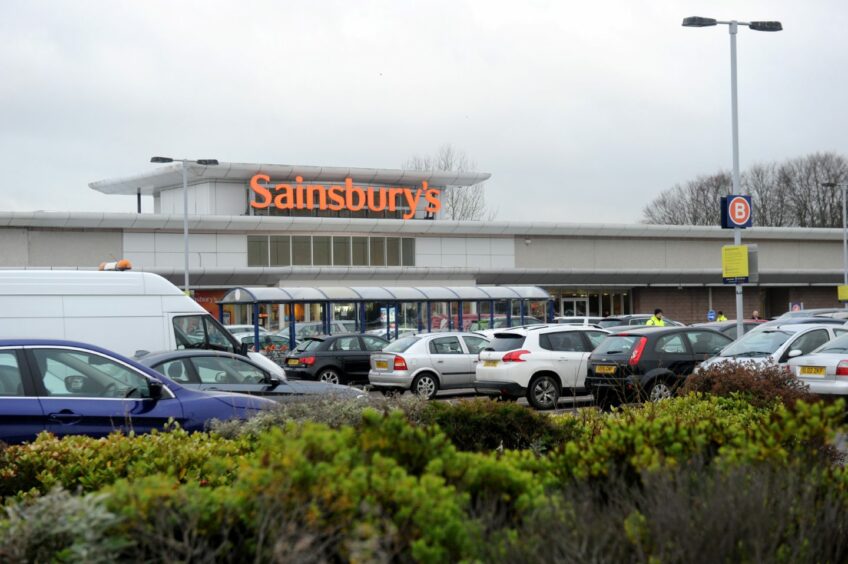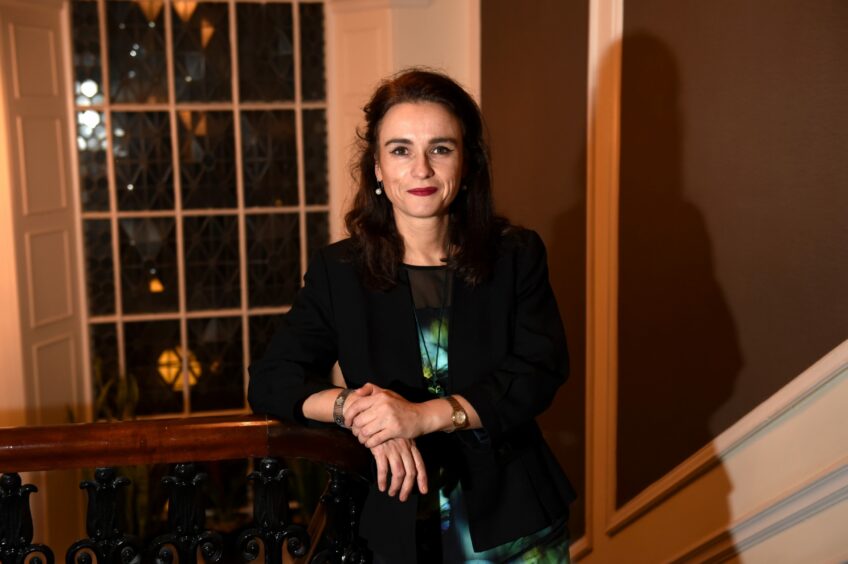A city scientist fears the cost of living crisis is making it harder for people on lower incomes to buy healthy food.
Alexandra Johnstone says rising costs are pushing families into buying cheaper foods high in fat and sugar.
And she fears this could lead to a rise in the number of people who are obese in the UK.
Scottish Government statistics show that two-thirds of adults in the country are already overweight.
‘It’s a huge problem’
“It’s extremely worrying because the numbers have increased with Covid and we know that obesity in itself is a link to mortality,” Professor Johnstone said.
“Being overweight is linked to diseases like high blood pressure, cardiovascular disease, type 2 diabetes and some cancers.
“It’s a huge problem.”
How are Aberdeen scientists working with supermarkets?
Professor Johnstone, who works at the Rowett Institute, is now working with scientists on a three-year research programme with Sainsbury’s supermarkets.
Using anonymous data from Nectar customers, they’ll be analysing the types of food shoppers buy to find how they are influenced by marketing trends.
Patients facing obesity and families from lower-income households in the UK will also be sharing their own shopping experiences.
What changes could you see in supermarkets?
Scientists are working with the retail sector to find ways to help people living with obesity and low incomes switch to healthier foods.
Changes could be made to the way fresh food such as fruit and vegetables are promoted in stores.
Pop-up promotions could also be introduced for online shoppers prompting them, for example, to try baked products instead of fried food.
Shoppers could also be given practical advice on the food groups they should be eating to stay healthy and how they can be used with other ingredients in a meal.
Obesity in the UK: ‘It’s getting harder for people to make healthy choices’
Food and energy bills have been soaring in recent months. Inflation has also hit its highest level in 40 years rising to 9% in April.
“With the cost of living crisis, it is only going to get harder for people to make healthier food choices,” Professor Johnstone says.
“For families on low incomes, 76% of monthly food budgets are spent in supermarkets.
“So decisions that the retail food sector makes around advertising, promotions and in-store design have a huge impact on public health within this vulnerable group.”
The £1.6m study is being financed by UK Research and Innovation and the Biotechnology and Biological Sciences Research Council.
More health news…
- Obese patients are now underdoing surgery too late
- Aberdeen specialist on bowel cancer, the risks and treatment
- Why eating fat in our diets lowers the risk of heart disease



Conversation